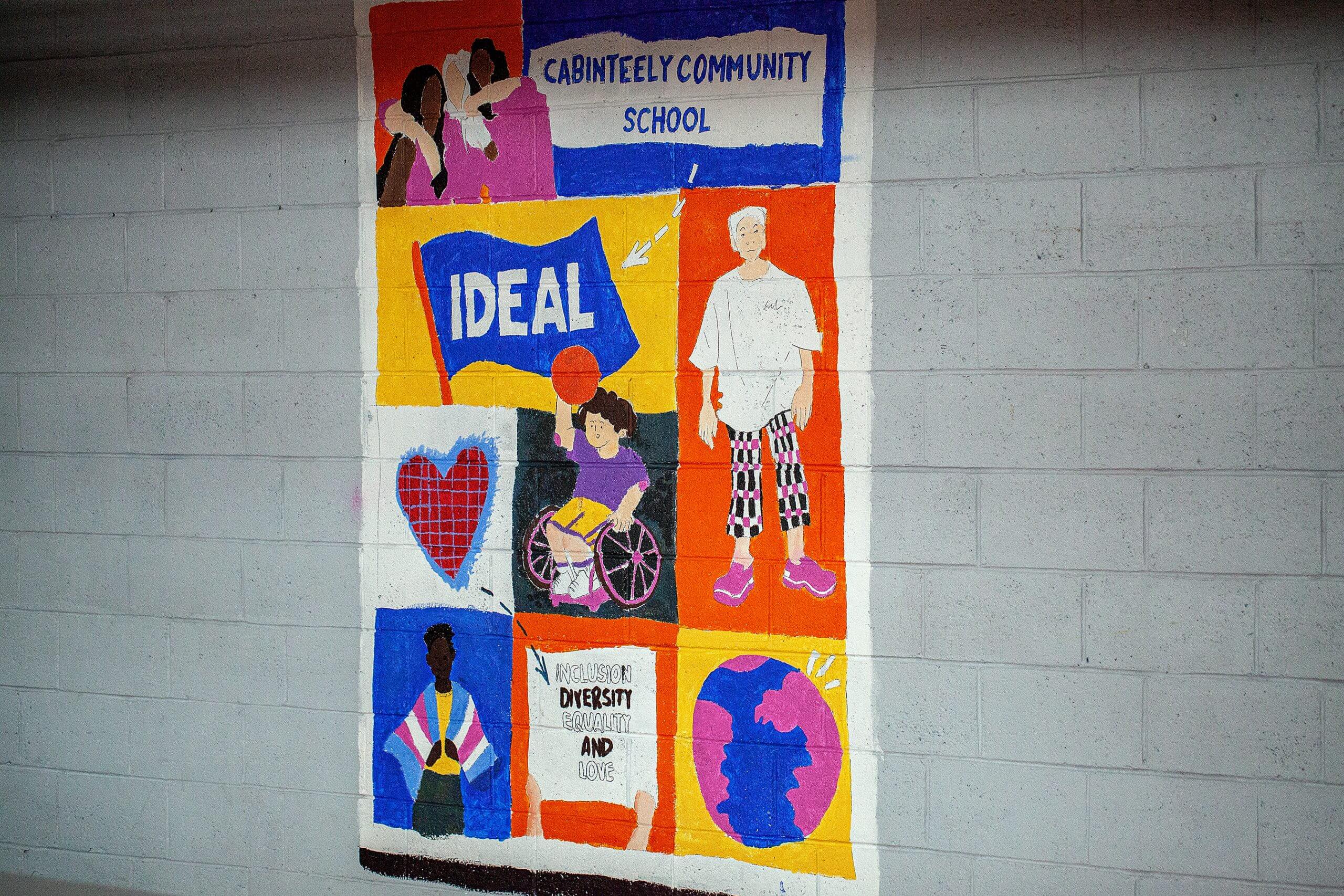

In partnership with the NCSE (National Council for Special Education) Cabinteely Community School offers the support of a Behaviour for Learning teacher. This is another important layer of support we offer at Cabinteely Community School. Most students find school a relatively easy place to work and get on in, but for some students, this is not the case. For them, school with its rules and pressures can be a very stressful place to spend time in. The reasons for this can be wide ranging and may include an additional learning need or some other reason that is impinging on a student’s ability to reach their full potential. These stresses can often cause these students to exhibit behaviours which can hinder their educational progress. These behaviours can often mean that these students are often at risk of suspension and/or exclusion. Rather than responding to these behaviours with just sanctions and punishments, the ‘Behaviour for Learning’ programme is a proactive approach which seeks to remove and reduce the obstacles that are preventing the student from fulfilling their potential.
Students who are offered support may present with a variety of challenging behaviours, including social skills deficits; low self-esteem; difficult relationships with adults/peers; literacy and numeracy issues; poor concentration and attention difficulties in most subjects. The ‘Behaviour for Learning’ teacher works with identified students, individually or in small groups on Behaviour for Learning programmes that are designed to meet their social, emotional, positive health & wellbeing and behavioural and academic needs, so they can achieve and succeed in school.
The Behaviour for Learning teacher’s role also includes preventive strategies and early intervention approaches for all students.
The following is a list of some programmes that are available in the school through our close partnership with the NCSE:
Check and Connect is an intervention designed to enhance a student’s engagement at school and with learning. NCSE team members work with partner schools on the implementation of this intervention which consists of four key elements:
Each mentor links with an identified student, checking in weekly to discuss how he/she is doing and offering support in a number of ways. For example:
An organisational skills programme for school. The aims of this this programme are to:
The ‘Why Try?’ programme is a strength-based approach to helping young people overcome their challenges and improve outcomes in the areas of truancy, behaviour, and academics. It is based on Solution Focused Brief Therapy, Social and Emotional Intelligence and Multi-Sensory Learning principles. The programme aims to improve student retention, academic performance and school climate.
The ALERT programme is an Occupational Therapy Intervention that aims to help students monitor, maintain and change their level of alertness so that it is appropriate to the situation or task. The programme identifies students’ sensory needs and preferences and encourages student use of sensory motor strategies to support self-regulation so that their engines are running ‘just right’. The strategies and activities taught can be incorporated into home and school routines.
The People Skills Programme is a foundational social skills programme developed for use within the Irish post-primary school context. It develops self-awareness in students around their social skills, particularly in the areas of body language, eye contact, facial expressions, personal space, voice volume, tone of voice, and listening skills.
The Working Things Out programme contains the personal stories of adolescents who overcame personal problems in their lives such as Bullying, School Pressures, Conflict with Parents as well as mental health issues such as Anxiety, Depression, ADHD, OCD, Self-harm and Suicide. The stories are illustrated by animation and graphics, narrated by young people and backed up by mental health information and handouts for facilitators/teachers. Working Things Out can be used as a preventative programme to educate adolescents about positive mental health.